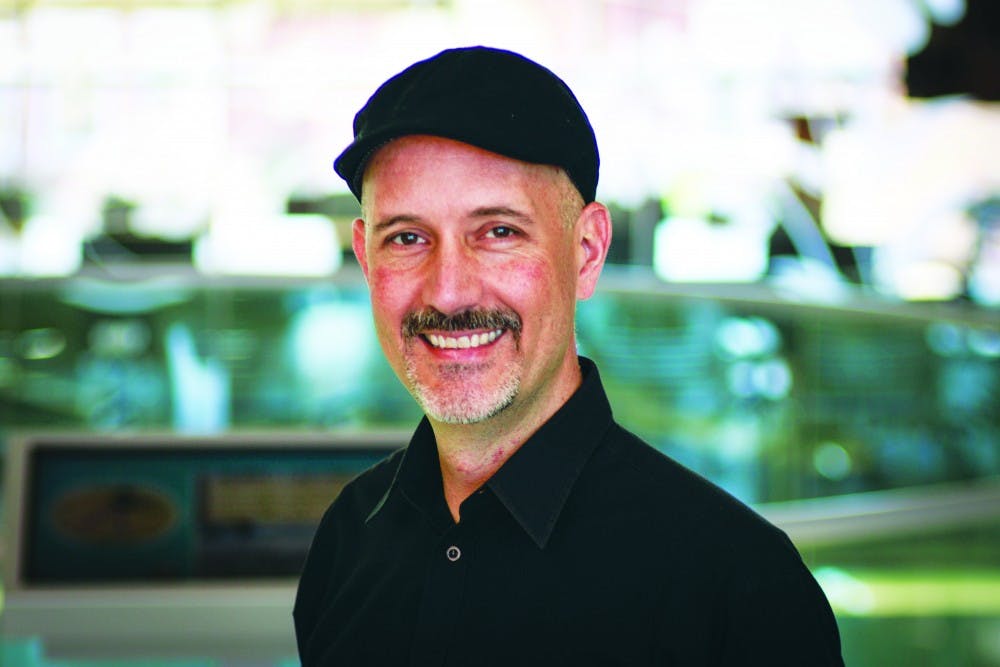By Kassidy Hall | Echo
On Feb. 16, Brian Howell, professor of anthropology at Wheaton College, spoke to an audience at Taylor in a lecture hall in Metcalf.
Howell coined his talk with the quote title, "They were poor but happy," and his discussion covered many ideas related to short-term missions. He portrayed many of his observations through the example of poverty, which he has previously researched through interviews and immersive learning. Students and faculty enrolled in upcoming spring break mission trips were strongly encouraged to attend the event.
Robert Priest, professor of anthropology, introduced Howell to the audience. Among the audience was a visiting assistant sociologist professor from IWU, Kersten Priest, as well as Dwight Baker, an anthropologist who taught at William Carey University and formerly served as the editor of the International Bulletin for Mission Research.
Howell introduced and explained the idea of social imaginary, that is, the way in which participants of trips are influenced by prior associations and visuals of experiences that they expect to find in short-term missions.
"When we consider the social imaginary of poverty, we have to think about the ways the non-poor Americans understand poverty in their own context in order to know how they think about it in the context of a mission trip," Howell said.
Social media was credited by Howell with strongly expanding the power of the social imaginary. He gave the example of how many international trips are portrayed with pictures of extreme poverty, which causes many trip participants to falsely analyze what they think is great financial and spiritual need.
Throughout the rest of his talk, Howell encouraged the audience to continue in their passion of missions but to also be engaged in seeking to understand these social imaginaries. He highlighted the importance of being involved in meaningful practices and learning processes that could positively reshape a participant's perception and experience of international mission.
"Simply going away does not produce particular effects in students; in fact, it can sometimes produce the opposite effect we want," Howell said. "It matters what they do and how they do it and how they engage in those spaces in order to see their imaginations redirected."
Friday's lecture was the first of several public events scheduled for the semester, all of which are sponsored by the Women's Giving Circle. Each lecture will be given by a visiting anthropologist or sociologist and will have a global focus.
Anthropology and sociology have recently combined into one department. The lectures are one way in which the department is gaining visibility and sparking the potential interest of students, as well as creating a context to develop initiative for both sociology and anthropology to begin to do things together.
The new department recently received approval for their joined curriculum, with leeway for students to focus strongly on sociology, anthropology, or any mix of the two. Anthropology will also be offered as a minor, which any qualified student can add under their major.
"The school went through an internal review and recognized that they as a whole are putting a focus on global: global travel, global engagement, etc.," Robert Priest said. "But the discipline historically is centrally focused on cross-cultural anthropology, and the school was not strong in that so that's where the decision was made to open a faculty line that would join the sociology department to teach anthropology courses."
The next public anthropology and sociology event is scheduled for Feb. 28 with Stephen Offutt on the topic of giving and receiving across cultural and economic barriers. Two more events are tentatively scheduled for March 15 and April 5 - the first on homosexuality inside of anthropology and the next on human trafficking and its global controversies.





